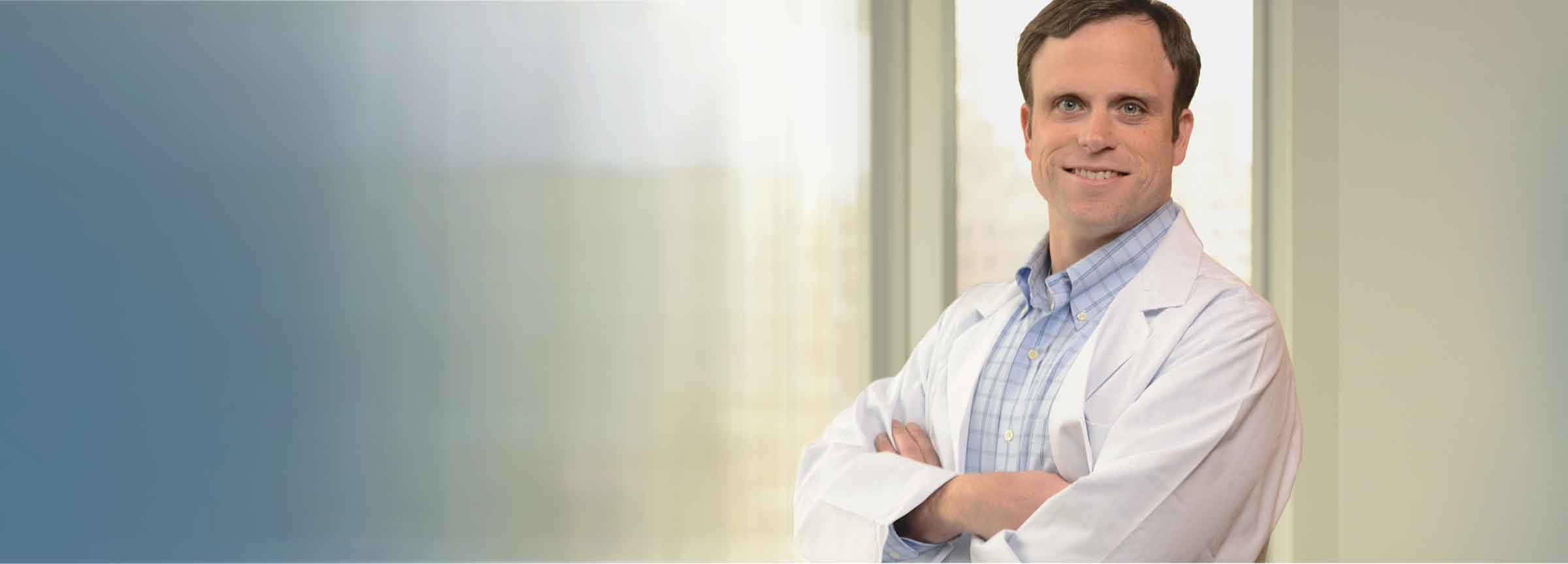Faculty Profile

Chris Mason
Our work is, first of all, functional genomics in a clinical space, trying to develop and use new tools of genetics to understand clinical cases, which can include anything from a small family to large cohorts of people with different types of tumors, to severe brain malformations. The other area in the laboratory deals with advances in genetic or epigenetic or transcriptional profiling methods, including engineering and biochemistry — technology development or playing with new technologies to then look back at the patient later.
Integrative genomics is the third wing – how do you integrate all this data? This involves algorithm development, mathematical modeling, data visualization and data processing, what some people like to call “big data.” That is where you start to get into projects like looking at the subway, longitudinal profiling of entire cities like New York City or looking at astronauts every 45 days in space versus earth. With that comes a lot of development of tools and techniques for processing the data, and new algorithms and methods to model these data.
Looking at the students I meet, this program is really a step above almost every other grad program in the country primarily because the people that apply either have an unusual amount of experience for being as young as they are or have less experience but are extremely hungry to learn as much as they can and apply it quickly to biomedical problems. All the students have an extraordinary ability to cross disciplines between the hardcore computational methods development, the algorithms and mathematics to understanding the biology that they are actually examining, there is a real cross discipline between the wet and dry lab. It is also very flexible; Ph.D. candidates pick projects that are pretty wide-ranging and often ambitious. But you don’t have to worry that it is going to be too ambitious, as long as you have a plan, the faculty will support you. And if you if you are doing cutting edge work or even bleeding edge work, it will be respected by the field and it will get picked up quickly by journals. Some students are extremely prolific in their publishing – indeed my first student left the lab with 12 publications in three years.